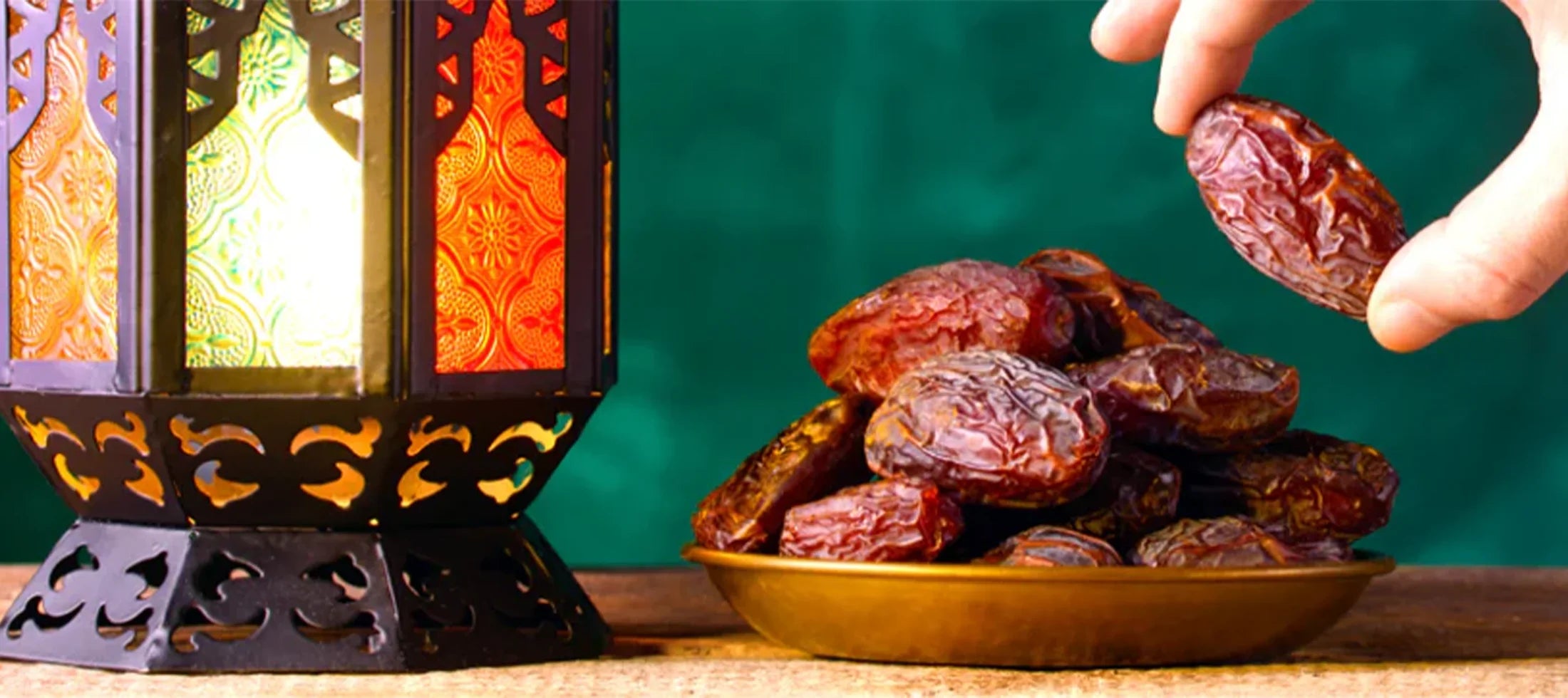Nutrient deficiencies are likely to occur if you don't take proper nutritious meals during non-fasting hours. Due to long fasting hours, it is hard to eat a variety of foods in a short period. Including foods from all food, groups will prevent you from developing the deficiency. But you don't have to overeat to prevent the deficiency. It sounds harder than doing. But it is simple.
Macronutrients
People who starve themselves intending to lose weight and look slimmer on Eid are more prone to macronutrient losses. If you are not taking enough carbs and fats in your suhoor and iftar meals, you will suffer from protein loss and feel more lethargic. Besides, fasting promotes fat loss. If you work out in a fasting state, it will help you get rid of belly fat. Macronutrient deficiency develops over time and is less common whereas you may experience protein loss if you starve yourself.
Micronutrients

Micronutrients include minerals and vitamins. Micronutrient deficiencies are very common in our society, especially vitamin deficiencies. People often have it without knowing it. You often ignore the symptoms of micronutrient deficiency considering them normal while fasting.
Our iftar and suhoor meals are so messed up and we tend to take high-caloric food with zero nutritional values. Vitamins especially water-soluble vitamins i.e. vitamin B-complex and vitamin C are destroyed at high temperatures and sometimes even chopping and soaking can cause micronutrient loss in food.
Some common symptoms of micronutrient deficiency are:
- Hair loss
- Lethargy
- Burning/numbness in hands and feet
- Slow healing
- Muscle and bones pain
- Palpitations and shortness of breath
Micronutrient deficiencies develop over time, but in Ramadan, while you are fasting it is more likely to escalate if you are not taking enough vitamins and minerals in your diet.
How to prevent nutrient deficiency
- Include whole grains and fruits.
- A fruit chaat salad or fresh vegetable salad has to be a must-have.
- Eat enough proteins by including eggs, milk, yogurt, or any form of meat.
- Avoid too much caffeine, cola drinks, salt, and sugary foods.
- Include drinks that are fortified with vitamin D.
- Take a multivitamin supplement if needed.
- Avoid the sun in the daytime. Instead, take benefit of that at dawn or near dusk to improve vitamin D levels.
Conclusion
The nutritional deficiency develops over time. In Ramadan, staying deprived of food for several hours won't cause nutritional deficiency if your iftar and suhoor contain all the foods providing you with enough essential nutrients.
Reviewed by Certified Dietitian



Share:
Stop Worrying About Fats in Your Diet
Discover the Fruitful Secrets for Lusciously Hydrated Skin in Ramadan